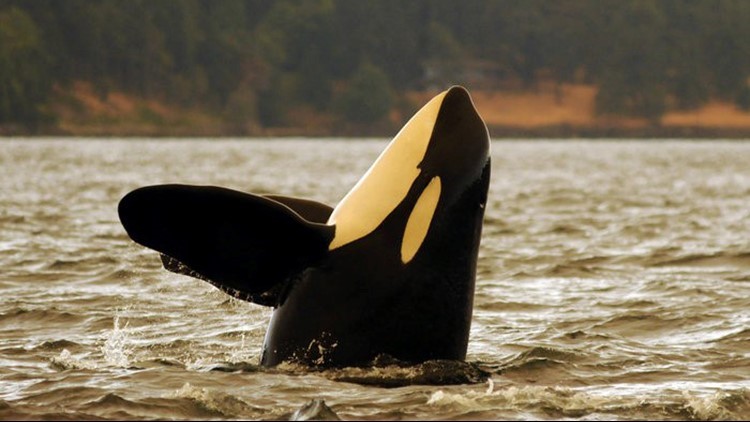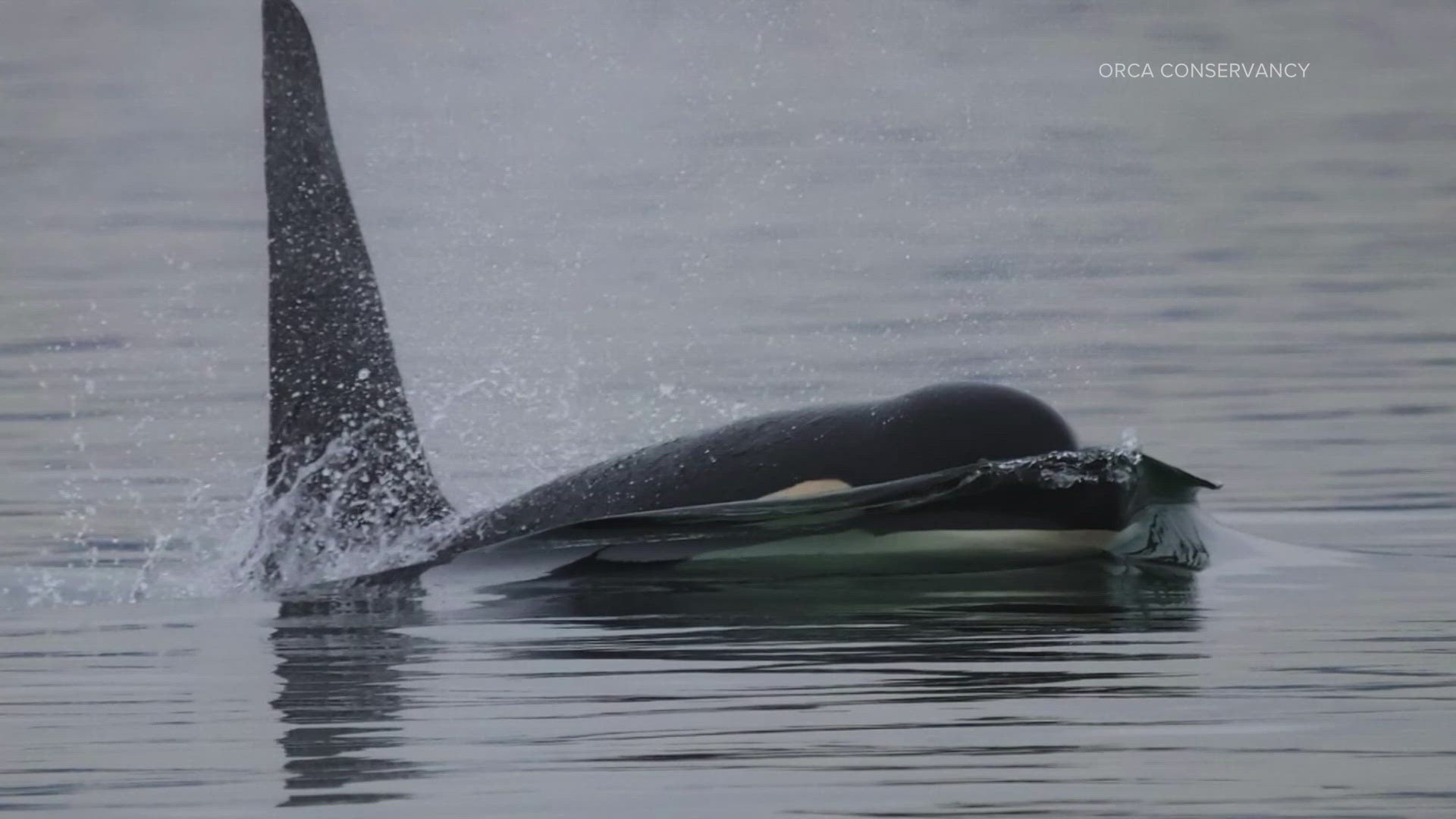The University of Washington professor at the center of saving the Southern Resident killer whales from extinction is also racing the extinction clock with elephants.
Dr. Sam Wasser heads the UW Center for Conservation Biology. His team of researchers collects scat from Southern Resident killer whales in order to track their health.
"What we have been able to do is to measure stress, nutrition, reproductive hormones, and toxins in the scat as well as DNA. So when we get a sample we can say OK, who is it, male or female, was it stressed out, was it nutritionally compromised, and how much toxins were in the sample," Wasser said.
Wasser's interest and expertise with whale poop is now focused on elephant poaching. He's mapped the DNA in elephant scat across Africa, which is then matched with DNA found in trafficked ivory.
"What we realized is that if we could tell where the ivory was actually being poached, that could allow law enforcement to go to the target and really hit where the killing is beginning," Wasser said.
The illegal wildlife trade is big business, estimated between $10-20 billion annually. Illegal ivory trade makes up about $4 billion of that each year.
"We focus only on seizures that are a minimum of a half a ton of ivory. At least 500 kilos. The reason for that is that those are the ones that have the signature of major organized crime," Wasser said. "So we found three major cartels, one operating out of Mombasa, one operating out of Entebbe and the other one operating out of Togo."
Wasser is leaving again soon to sample more ivory. The poachers often return to the same spot, he says, due to networks they've built to make the crimes easier.
"If you look at the ivory that our DNA was able to show the origin of, they were always very highly in overlap, which means that the same cartel is pulling ivory out of the same place, over and over again. And he's probably, in fact, funding the operations of the poachers on the ground. And that makes a lot of sense when you think about the fact that it costs about $25 to $35 for a single bullet to kill an elephant, and we're talking about thousands of elephants."
"These poor poachers can't pay for that," Wasser continued. "So you see, now, if you can get the guy who's consolidating all this stuff and moving it out, and he's controlling operations on the ground, then you really have a chance of nailing somebody," Wasser said. "Feisal Mohamed Ali is one of the three cartels that we identified. He was the biggest, probably the most notorious ivory trafficker in Africa. We linked him to thirteen different major ivory seizures, anywhere from one ton to four tons. That's a lot of destruction that he was responsible for."
See more environmental coverage from Alison Morrow



